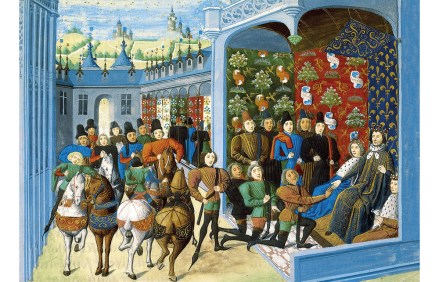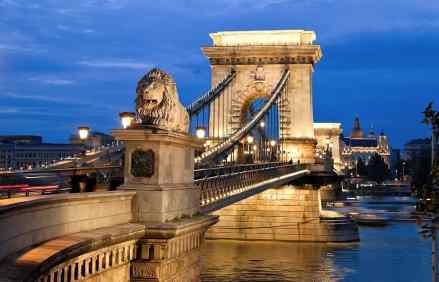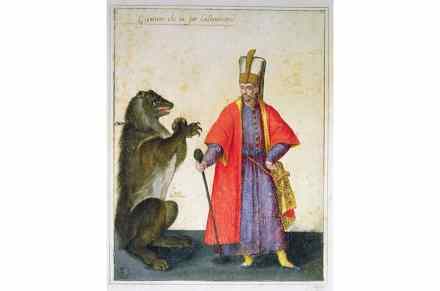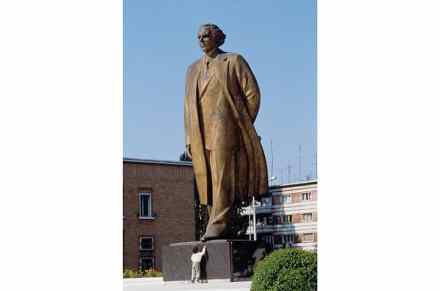There’s nothing shameful about hypochondria
The hypochondriac is the butt of jokes. Even his butt is the butt of jokes. A story doing the rounds in the 16th and 17th centuries concerned a Parisian glassmaker who, believing himself to be also made of glass, fastened a cushion to his buttocks in case they broke when he sat down. His anxiety was mocked by a character in a play called Lingua, Or the Combat of the Tongue: ‘I am a Urinal, I dare not stirre,/ For fear of cracking in the Bottome.’ The aim of A Body Made of Glass is to take hypochondria, or ‘illness anxiety disorder’, seriously. But in a moment of levity, Caroline





